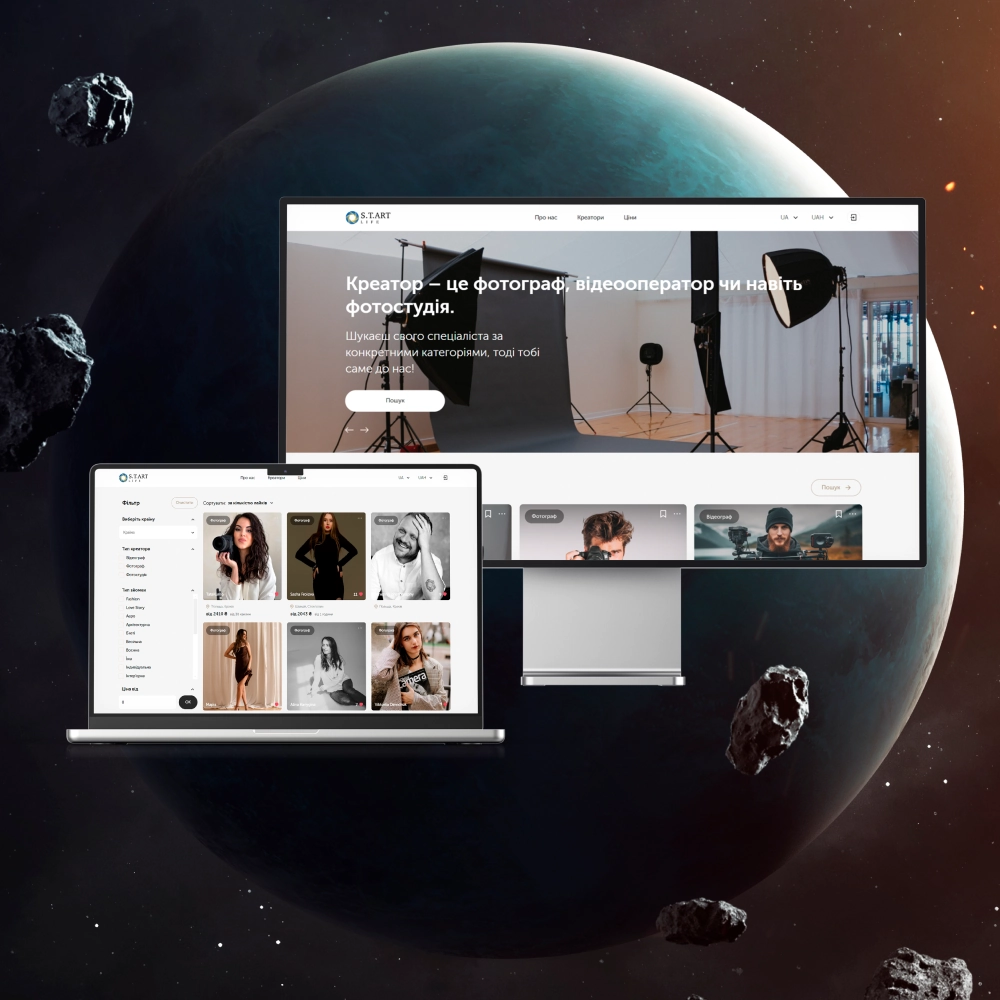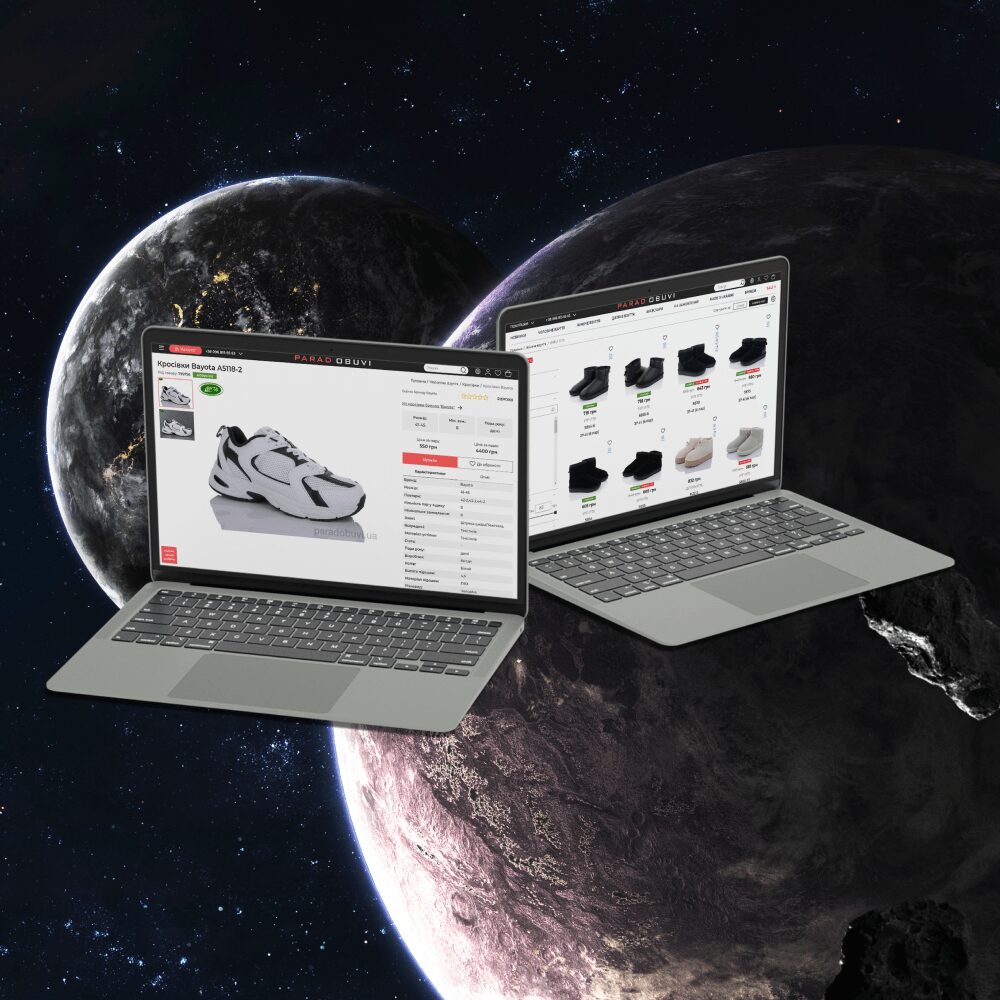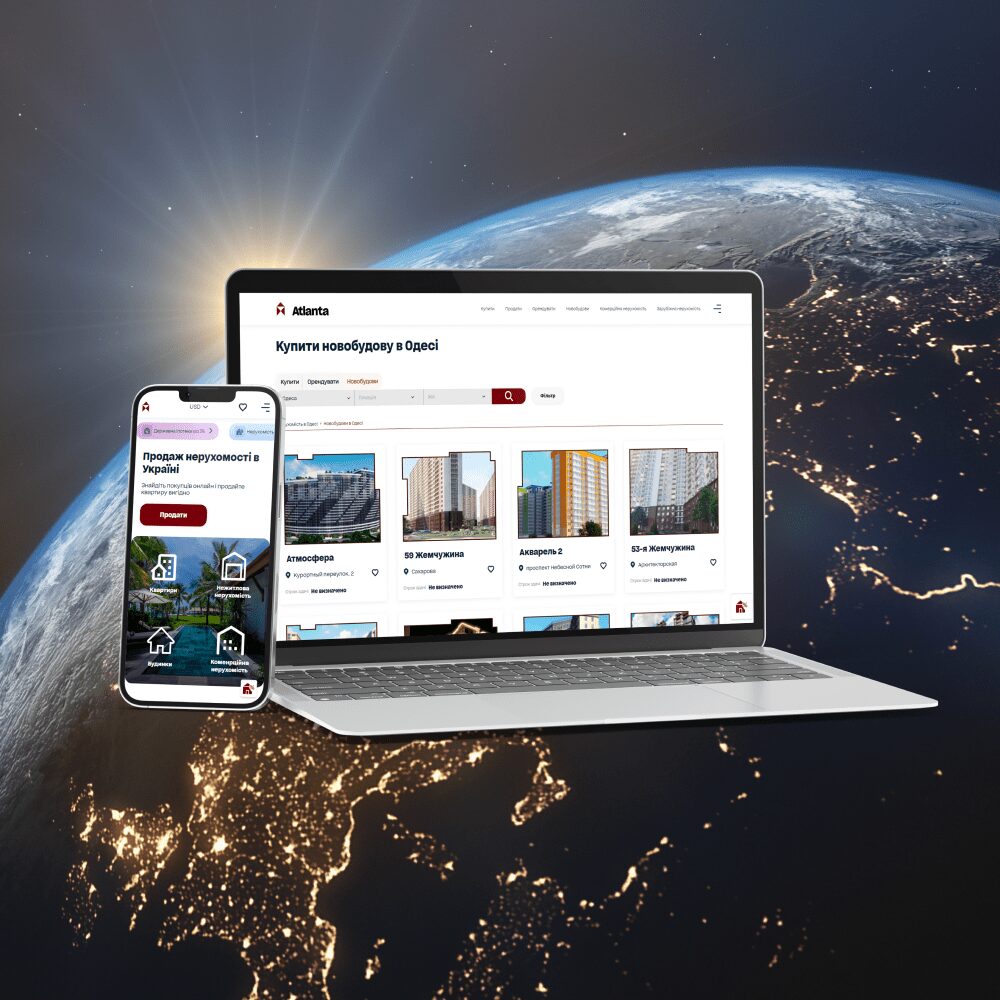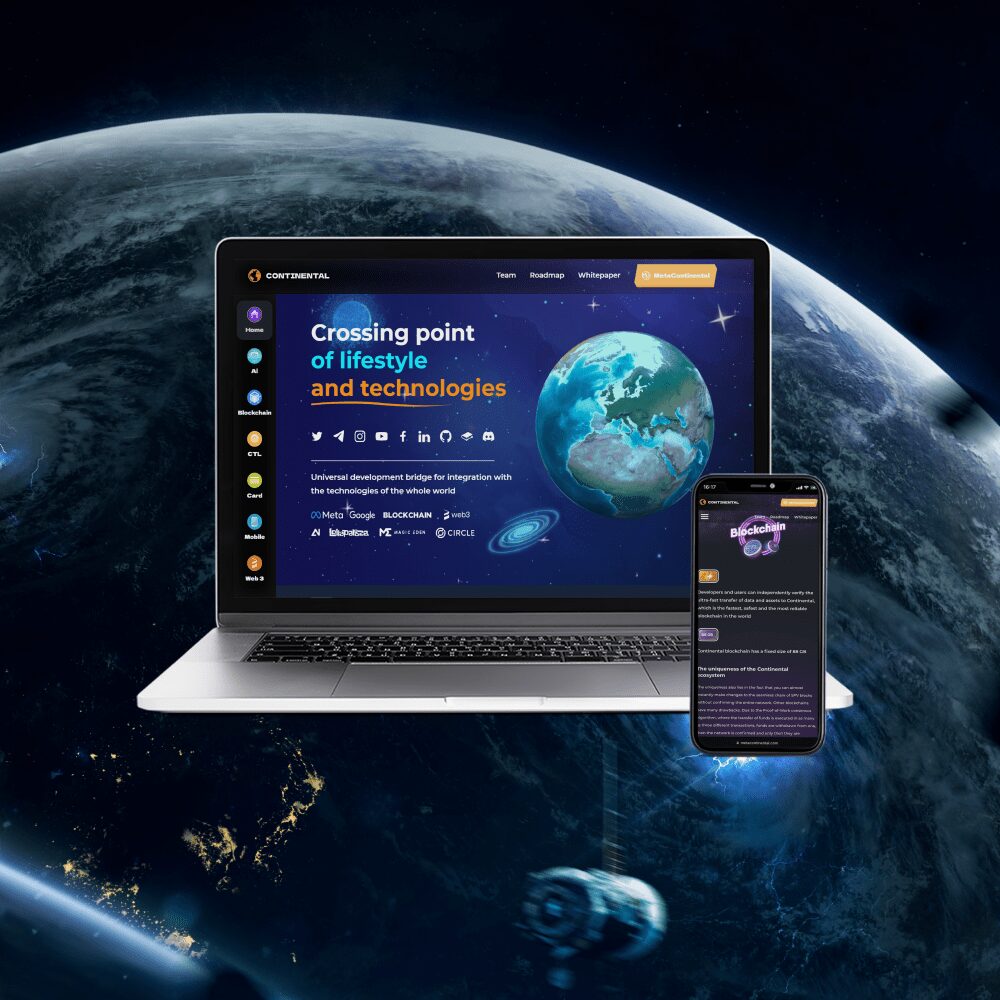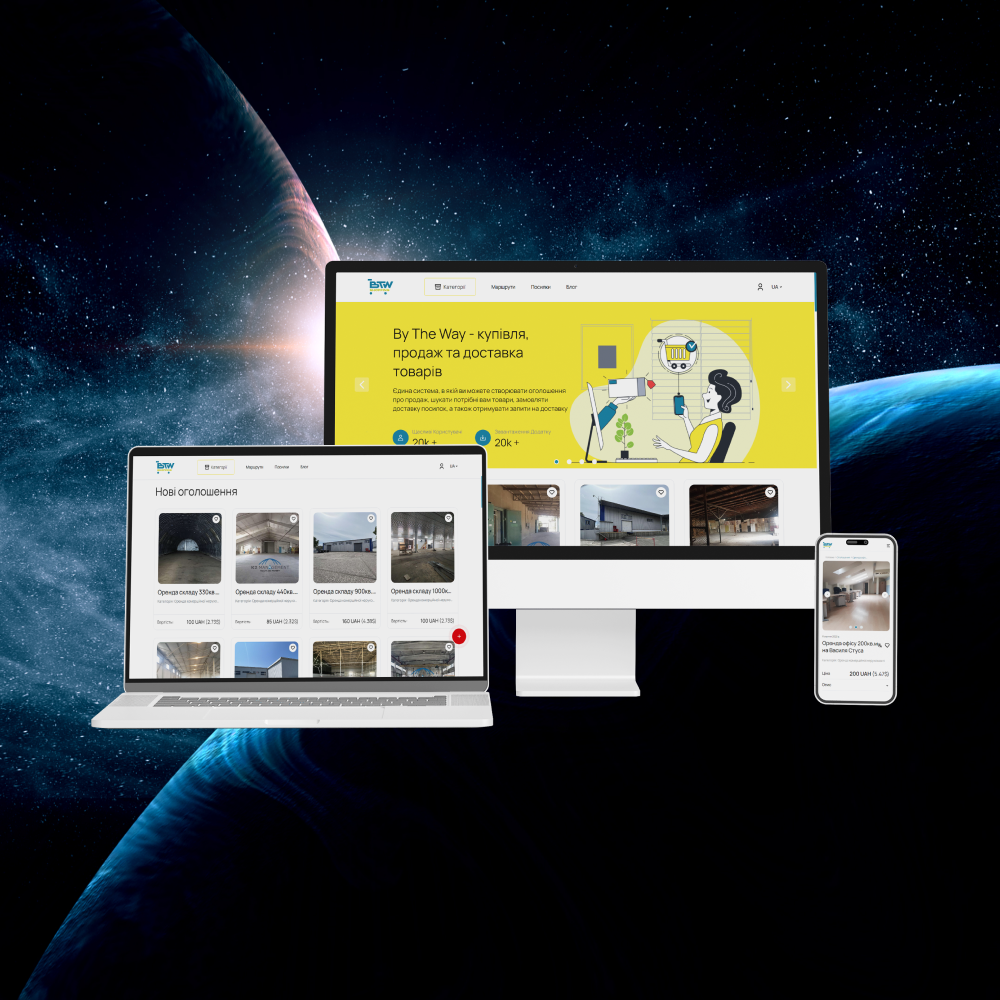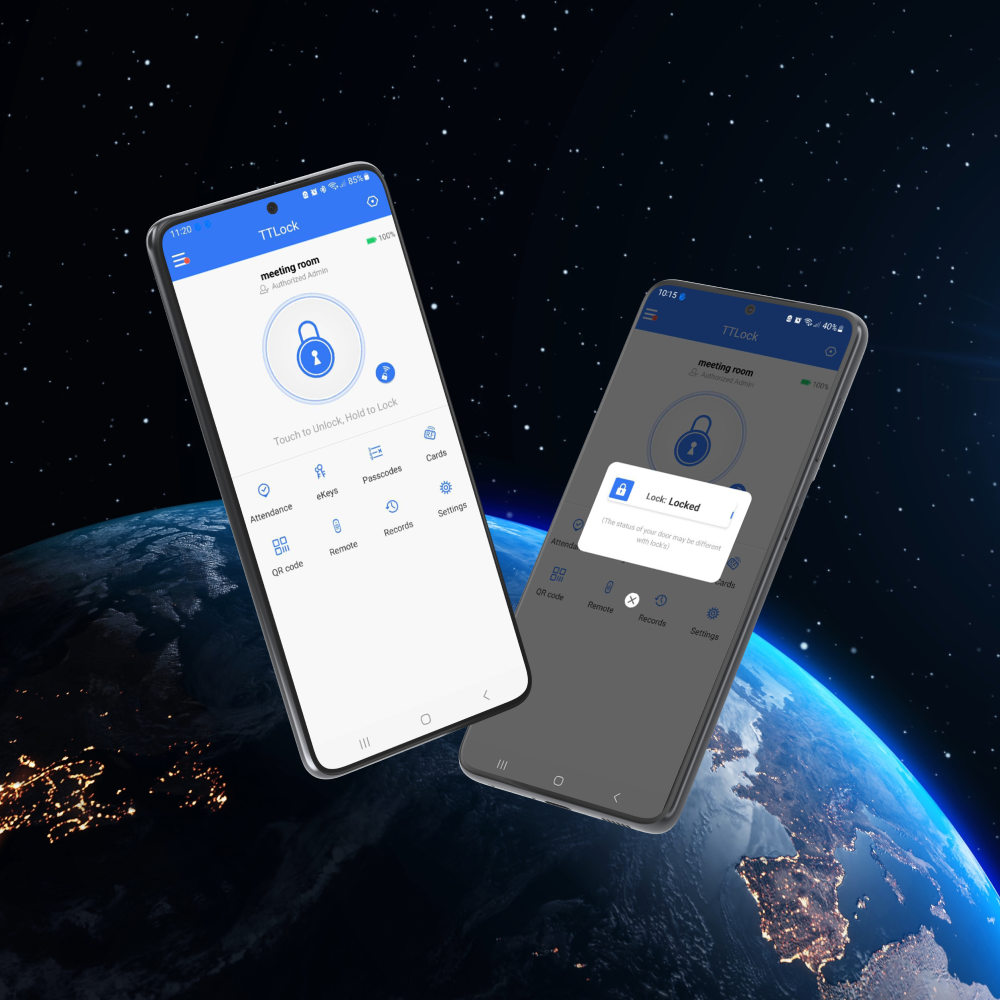Mobile applications for the oil terminal
Development of mobile applications for an oil terminal
Terminal automationDevelopment of mobile applications for an oil terminal Terminal automation
Work at the oil terminal can hardly be called office work, because employees need to constantly interact with ship’s talmans, inspectors, compilers, take samples of raw materials, and therefore have to constantly move around the territory of the enterprise. At the same time, they should always have access to the software in order to quickly manage the transportation of raw materials, acceptance and shipments.
In such conditions, it is quite difficult to do without a mobile application. Most often, such an application is created as part of a general terminal management system. That is, in simple terms, with their help, your employees get the opportunity to perform the same tasks as in the office at a work computer.
What tasks does the mobile application solve
Functional featuresWhat tasks does the mobile application solve Functional features
The functionality of the mobile application is not inferior to the desktop software, however, it will allow staff to perform their duties without being tied to the workplace. For example, you can use it to:
- Control the receipt and shipment of products.
- Automate sampling from raw materials.
- Monitor inventory and tank loading.
- Monitor product storage conditions: temperature, pressure and other indicators.
- Manage oil refining.
- Translate the workflow into a digital plane.
- Monitor equipment scheduled maintenance schedules.
In fact, the functionality of a mobile application is created based on the needs of the company, and in this case we have only given examples of the main modules.
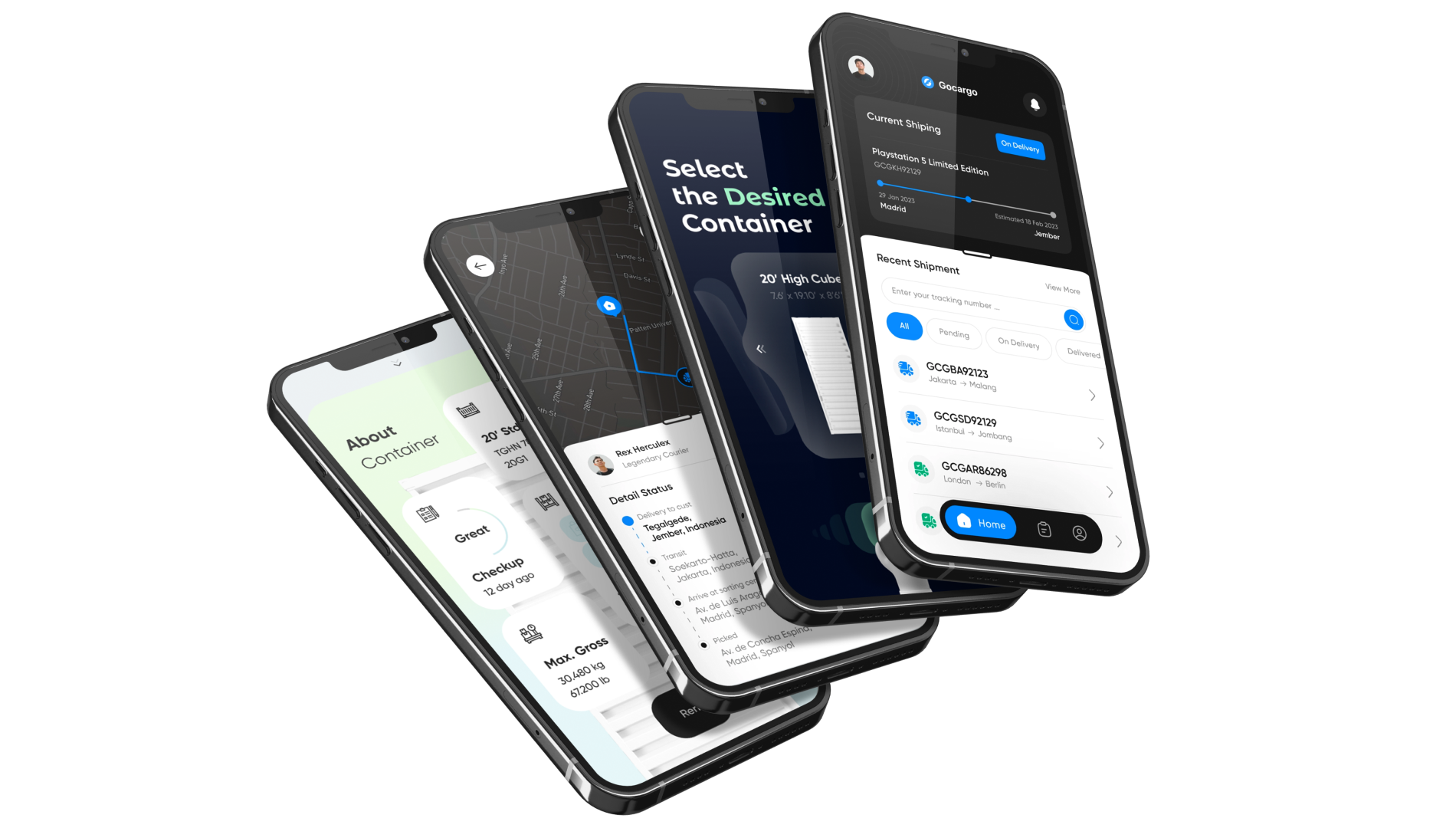
What technologies are used to develop a mobile application
TechnologyWhat technologies are used to develop a mobile application Technology
The choice of technologies affects the performance of the software, the possibility of its further development, the speed of development, and many other factors. Therefore, before defining a stack, developers need to analyze the needs of the business and create top-level project documentation.
Most often, when creating a mobile application for an oil terminal, the following technologies are used:
- For Android: Java/Kotlin programming languages.
- For IOS: Swift language.
- Cross-platform development: involves the creation of one application that will work on both operating systems at once. The Flutter framework and the Dart programming language are great for this.
How is the development process
Stages of DevelopmentHow is the development process Stages of Development
Today, there are several mobile application development methodologies, but we prefer to use Scrum. Her idea is that all tasks are distributed among team members and completed in short sprints up to 1-2 weeks. Each sprint has a goal, a deadline, and after completion it is discussed with the customer.
In addition to methodologies, there are also development stages that an application goes through before being released. To make it clear what we are talking about, consider what work is performed on each of them.
Stage 1. Gathering information
The first step is always research. At this stage, developers need to understand how the client’s business is structured, what processes are going on in it, and what software is already used in its work. To find answers to these and other questions, meetings are organized with the customer, where everything is discussed in detail.
Stage 2. Design and technical documentation
Design is one of the most important stages of development, during which the functionality, logic of work and the visual component of the project are laid down. During the design, our specialists create:
- schematic visualization of the project;
- interface page mockups;
- navigation system;
- project implementation plan.
Further, demonstration videos are created for presentation to the client, which allow him to see exactly how the application will work even before the start of its technical implementation.
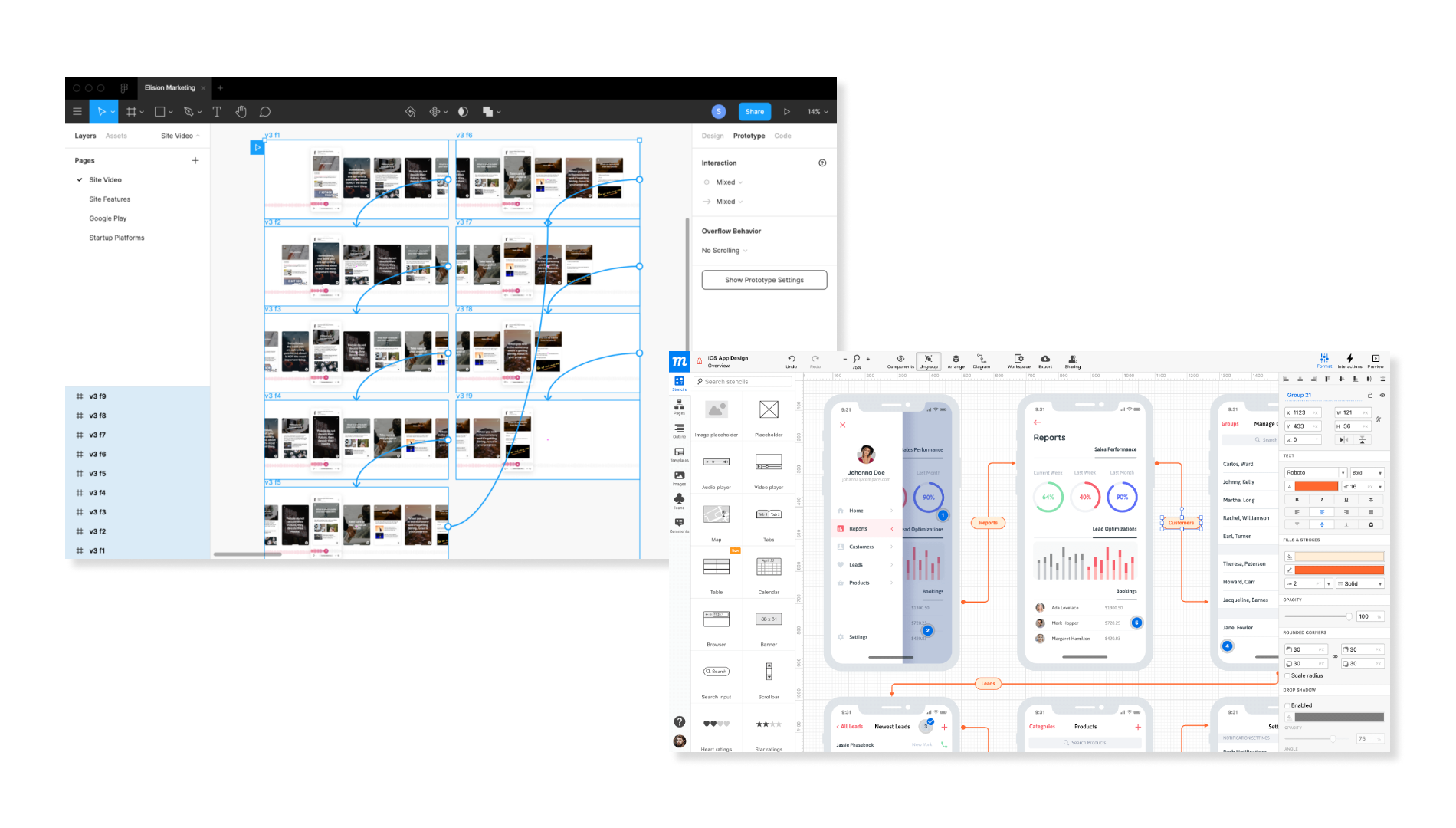
Stage 3. Design development
When developing a mobile application, the visual environment is an extremely important component. The fact is that the screens of smartphones and tablets have a limited size, and given the high functional load, it can be quite difficult to place all the necessary elements and, at the same time, maintain ease of use.
In order to achieve a good result, the design of applications for oil terminals is often developed individually. In this case, the UI designer creates everything from scratch, and can design the most comfortable interface, taking into account the features of the functional part.
Stage 4. Programming
The technical development stage is the most time-consuming and includes two components:
- Frontend. Creation of the client part of the application, which receives requests from the user, sends them to the server for further processing, and returns the result. The frontend is developed in strict accordance with the previously approved design layouts.
- Backend. This is the server part of the application, which is responsible for the internal logic of the application. When creating it, programmers build the database architecture, write the code that ensures the operation of the functionality, and perform integrations with various external services.
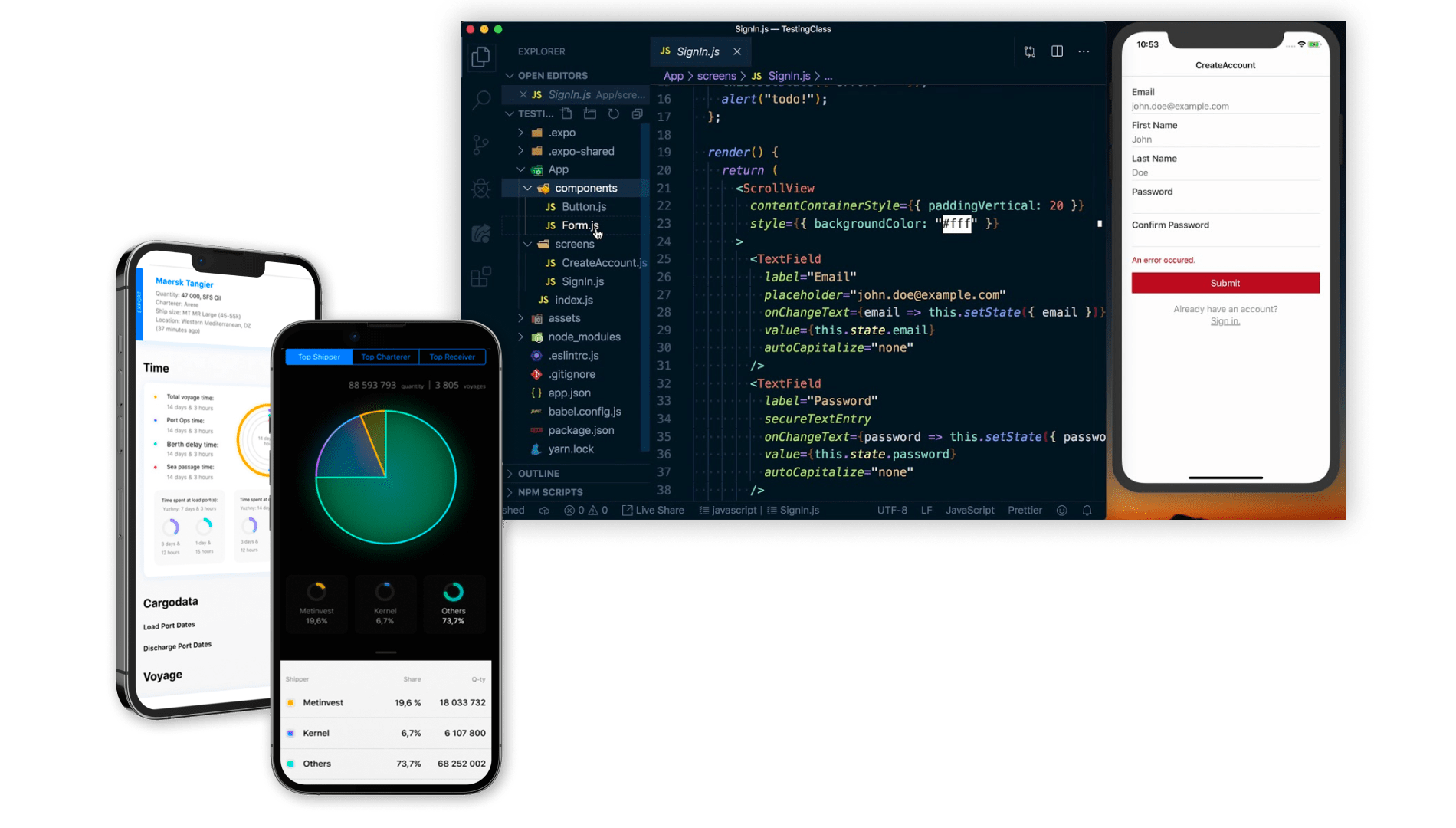
Stage 5. Testing
After the development is completed, QA engineers test the functionality of the application and determine its readiness for release. If errors are found, they also supervise their correction.
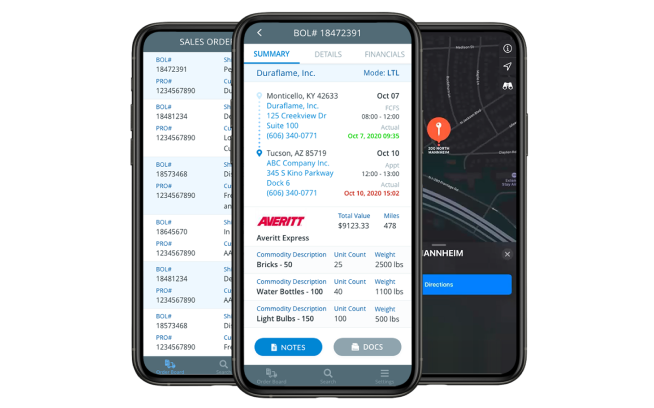
Stage 6. Technical support and development
At the beginning of using the application in real conditions, your staff may encounter various unexpected errors. The elimination of such problems is carried out within the framework of the technical support of the project.
In addition, even after the release, you can continue to develop the application – add new functionality, remove modules that are no longer used in work, or change the visual environment. To solve such problems, developers release patches with the necessary updates, test them, and then install them into an existing system.
Development of mobile applications for oil terminals in AVADA MEDIA
Development of mobile applications for oil terminals in AVADA MEDIA
The mobile application is an important part of the oil terminal management system and will allow your employees to work literally “on the go”, without being tied to a specific workplace. This will significantly speed up all internal processes, reduce the cost of demurrage of tankers and trains, and increase your competitiveness.
AVADA MEDIA has extensive experience in developing complex technical solutions for oil terminals. We can create not only mobile, but also desktop and web applications aimed at automating your business and increasing its efficiency.
Fresh works
We create space projectsFresh works
The best confirmation of our qualifications and professionalism are the stories of the success of our clients and the differences in their business before and after working with us.
Our clients
What they say about usOur clients What they say about us
Successful projects are created only by the team
Our teamSuccessful projects
are created only by the team Our team
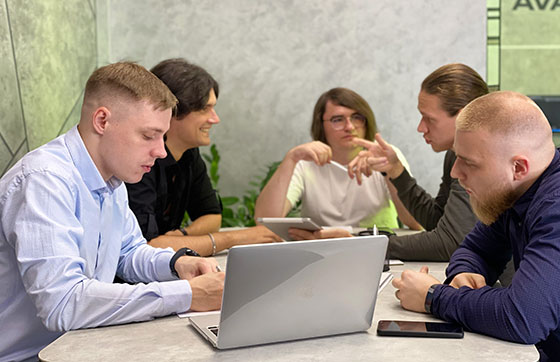

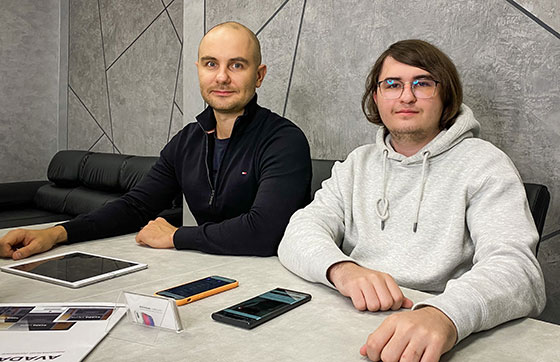
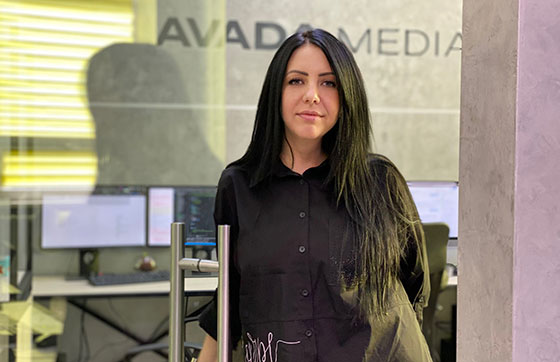
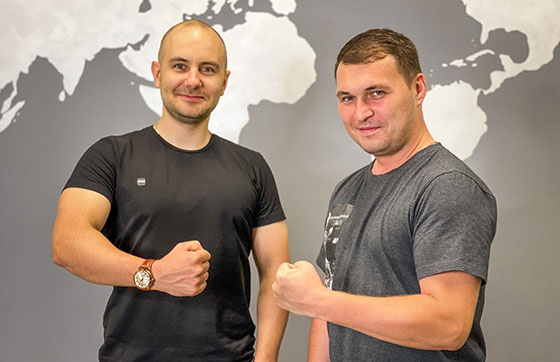





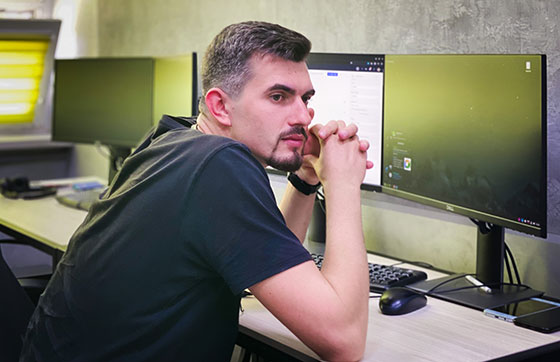

Contact the experts
Have a question?Contact the experts Have a question?
-
Phone:+ 38 (097) 036 29 32
-
E-mail:info@avada-media.com.ua
